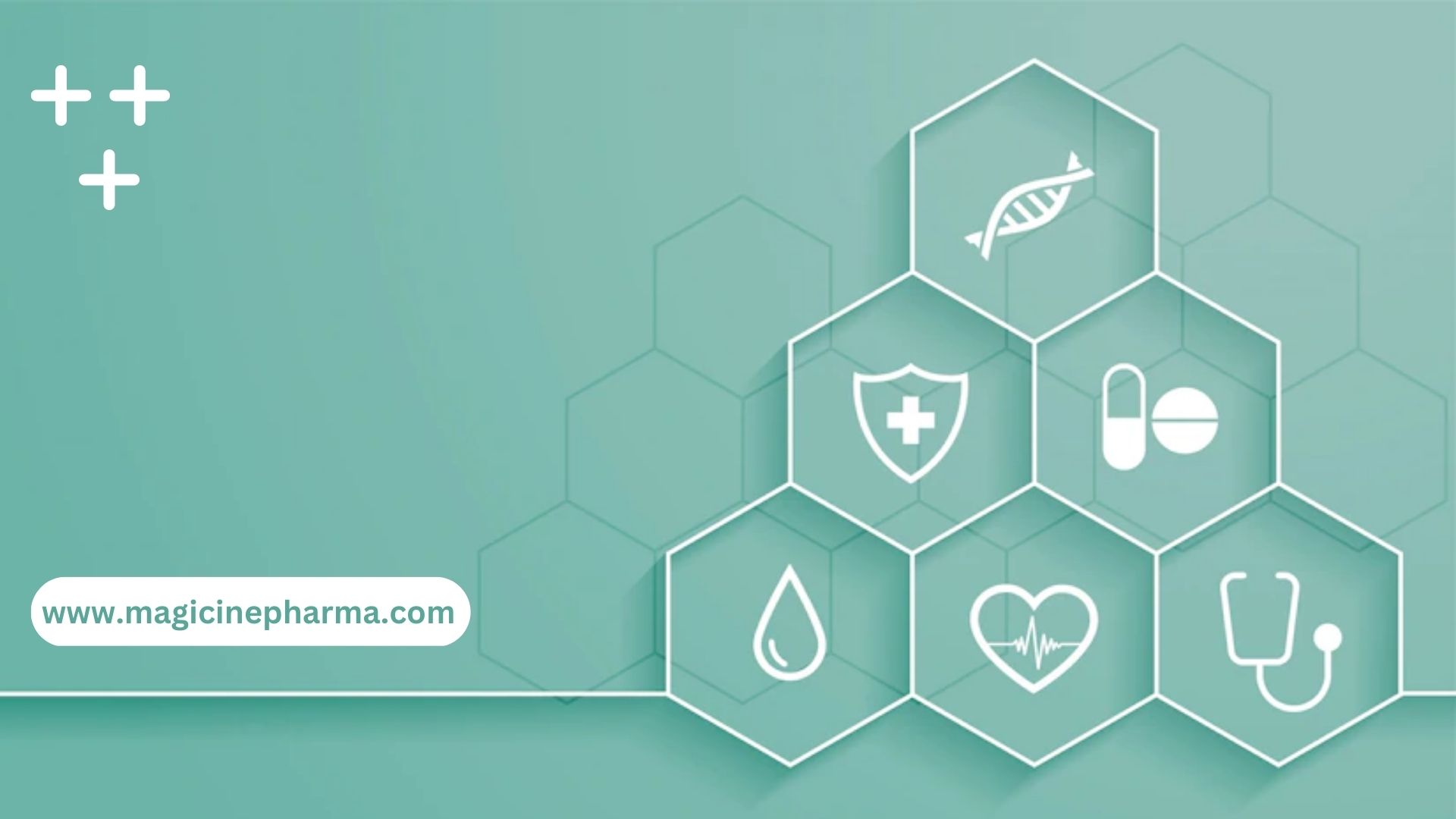Afatinib 30mg is a medication used to treat cancer, especially non-small cell lung cancer. This medication belongs to the class of drugs known as kinase inhibitors. It works by blocking specific enzymes in the body, which helps prevent the spread of cancer.
Significant impact rates
Afatinib 30mg has had a significant impact in the field of oncology. Cancer remains one of the most challenging health conditions to treat, and afatinib 30mg has proven to be a valuable tool in treating some specific types of lung cancer. In particular, afatinib 30mg has been found to be effective in treating lung cancer caused by a mutation in the epidermal growth factor receptor (EGFR).
Reduce the progression of carcinomas
Research has shown that afatinib 30mg can help slow the progression of soft tissue sarcomas, as well as non-small cell lung cancer. In addition, afatinib 30mg has been found to reduce symptoms of cancer and minimize the size of tumours. What is particularly beneficial about afatinib 30mg is that it has few side effects compared to other medications used to treat cancer.
Results from clinical studies
Research on afatinib 30mg has also demonstrated its ability to improve quality of life by improving patient-centred outcomes. Clinical studies have shown that afatinib 30mg can lead to fewer symptoms and a decrease in the number of hospitalizations. This medication has also been found to improve the overall survival rate in patients with advanced cancers.
Effects to be taken with care
Despite the numerous benefits associated with afatinib 30mg, it is important to be mindful of the potential drawbacks. Afatinib 30mg can cause a range of side effects, including rash, nausea, diarrhoea, and fatigue. It is important for patients to be monitored for any changes in their health and report any new or worsening symptoms to their healthcare provider.
Insight into Afatinib 30 mg
Afatinib 30mg is a medication used to treat a variety of different conditions primarily related to oncology and tumours. It is usually prescribed by oncologists and other medical professionals as part of a larger treatment plan. This high-potency drug is typically used to treat lung cancer, breast cancer, and other types of cancer that are considered advanced or metastatic. Afatinib 30mg is also used to treat non-small cell lung cancer in patients with certain types of mutations in the epidermal growth factor receptor (EGFR) gene.
What exactly does this drug do?
Afatinib 30mg is what is known as a tyrosine kinase inhibitor (TKI). This means that it works to block certain proteins, known as tyrosine kinases, from forming. Tyrosine kinases are important in the growth and replication of cancer cells. By blocking this process, Afatinib 30mg helps to slow down and reduce the speed of replication and growth of the cancer cells. This can ultimately lead to prolonged survival and remission in cancer patients.
Recommended added dosage
The recommended dosage for Afatinib 30mg will depend on the patient’s age, medical condition, and other medications they are taking. The drug is typically administered in an oral dose taken with or without food, and it may need to be taken multiple times a day. It is important to take the full dose prescribed by a medical professional, and it is not recommended to adjust the dosage on your own.
Conclusion
In conclusion, afatinib 30mg has had a significant impact on treating certain types of cancer, particularly non-small cell lung cancer. While there are some potential side effects, research indicates that it is an effective treatment option that can improve patient quality of life and survival rates. Patients should be monitored for any potential side effects and discuss any changes in their health with their healthcare provider.
FAQs
What is the use of afatinib 30 mg?
afatinib 30mg has had a significant impact on treating certain types of cancer, particularly non-small cell lung cancer.
What is the effect of this medicine on cancer cells?
afatinib 30mg can help slow the progression of soft tissue sarcomas.
What was the result of clinical studies?
Research on afatinib 30mg has also demonstrated its ability to improve quality of life by improving patient-centred outcomes.
also read about-GEFITINIB 250MG









